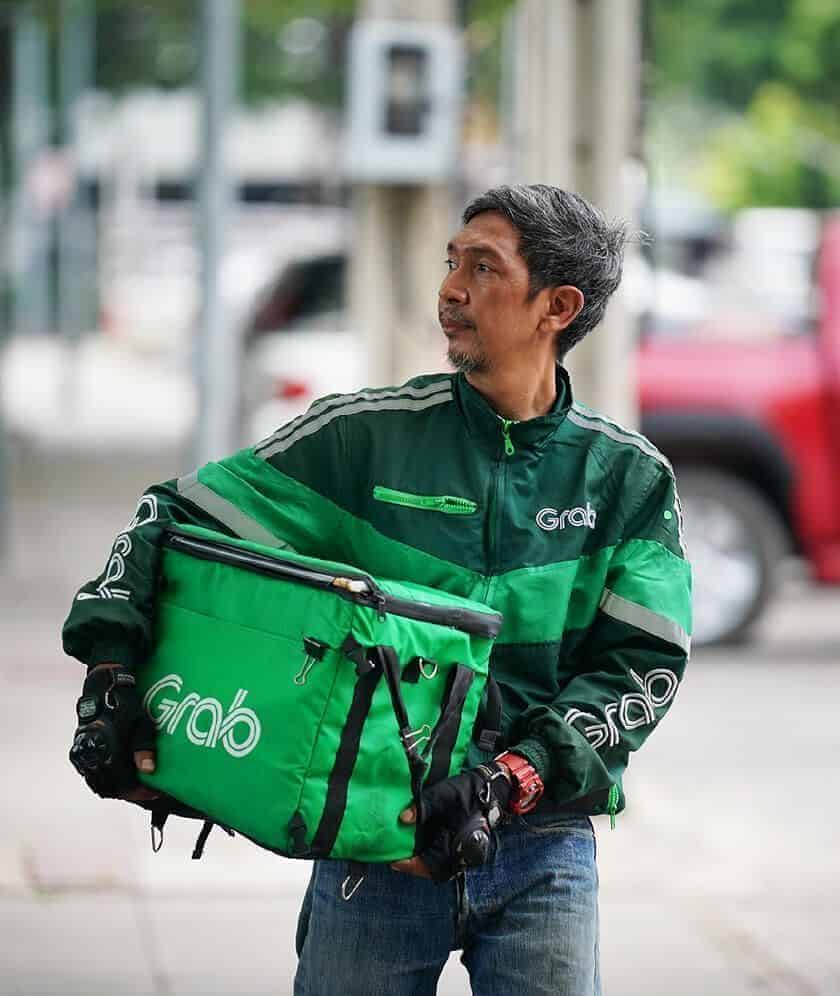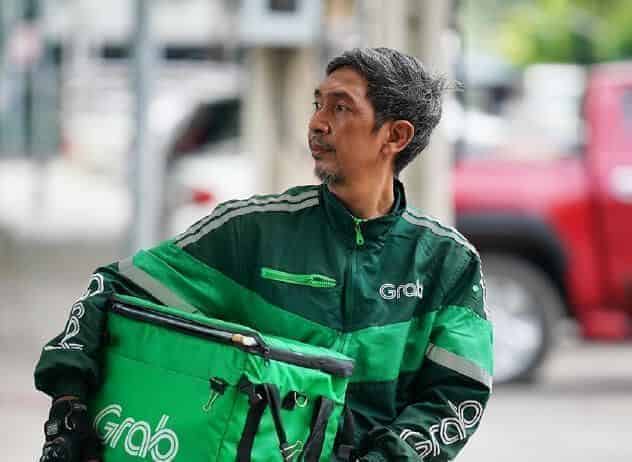At the start of 2020, the global Covid-19 pandemic had rapidly taken down cities and public infrastructure. In Singapore, healthcare professionals who were at the frontlines of the crisis struggled to get transport rides to and from the hospitals. They were shunned by commuters amid fear and uncertainty over the impact of the virus.
The lack of reliable transport options for healthcare workers during such a critical period was a huge gap that had to be plugged—fast.
Within 72 hours, we pulled together a working team from various functions to build GrabCare—a round-the-clock, on-demand service for healthcare professionals to travel to and from hospitals. Staff from participating hospitals who signed up for GrabCare would see this ride option in their app.
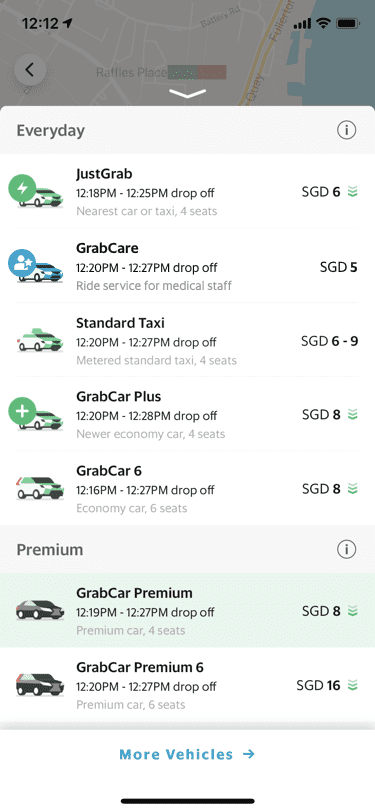
Thousands of our driver-partners came out in support within 24 hours. Over 2,000 driver-partners expressed their interest to support the initiative when we first rolled the service out. By October 2021, the number grew to over 15,000.
We mapped out the pick-up and drop-off points of all participating healthcare facilities so that the people who needed the service the most would be able to access it.
The launch of GrabCare signalled to the industry and the community that there was more support than fear towards healthcare workers.
Yong Keng Kwang, chief group nurse at the National Healthcare Group.
In a span of three months, GrabCare’s coverage expanded from two healthcare facilities to 16. By the time the pandemic eased, driver-partners had completed over 300,000 GrabCare rides.
“Healthcare workers often had to work till late so private transport was the best means of getting home, especially late at night or early in the morning. The launch of GrabCare allowed us to focus on our work and signalled to the industry and the community that there was more support than fear towards healthcare workers,” said Yong Keng Kwang, chief group nurse at the National Healthcare Group.
“When we heard that there were so many drivers who could come forward, it also reinforced the faith and trust that people had in healthcare workers,” Adj Assoc Prof Yong added.
Wong Mui Peng, deputy director of nursing at Tan Tock Seng Hospital shared that healthcare workers felt disheartened when they were shunned on public transport or faced difficulties getting a ride.
“When GrabCare was rolled out, our healthcare staff were very relieved and grateful. Shorter commutes enabled them to have more rest time in between shifts,” said Wong, adding that the launch of the service also made them feel cared for and appreciated at that time.
Next: GrabResponse and full-body PPE
Two months after we launched GrabCare, we rolled out GrabResponse—a transport service to ferry potentially infected people to Covid-19 testing centres. This was part of efforts to support the local authorities’ efforts to complement existing ambulance services at the height of the pandemic.
We set up an online concierge which allowed authorised dispatchers to make bookings for Covid-19 suspected patients across the island.
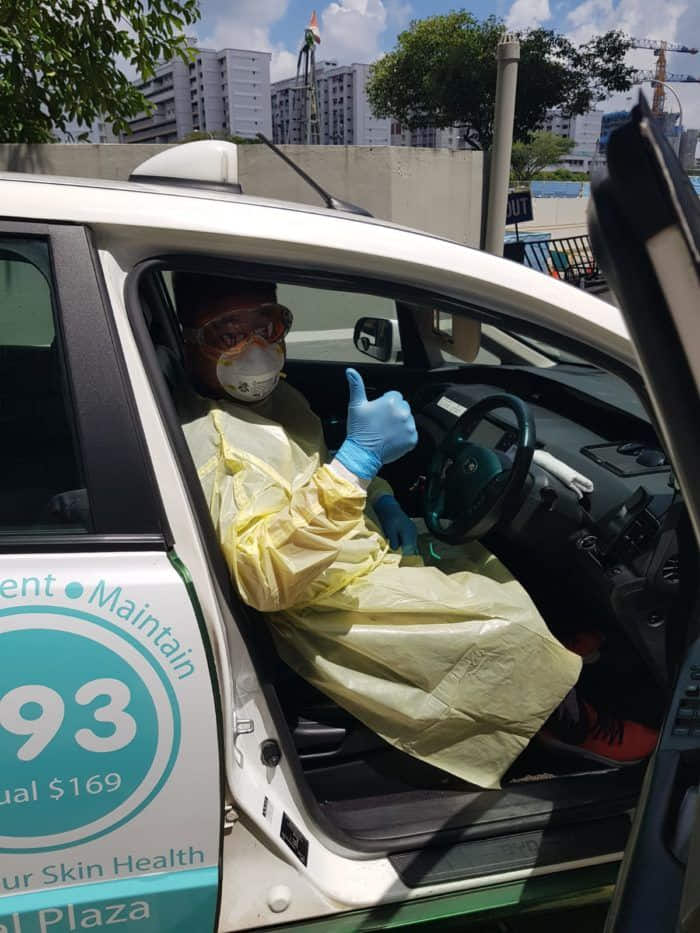
These rides required additional preparation from drivers, who had to undergo safety training by the Singapore Civil Defence Force (SCDF). The drivers were required to gear up with masks and full body personal protective equipment (PPE) for every trip. They also needed to discard their protective gear at designated decontamination zones, and clean and disinfect their vehicles after each trip.
The amount of effort that had to be put into each ride, and the risk of contracting Covid-19 from suspected patients did not deter some 250 driver-partners who volunteered. Over 8,000 GrabResponse trips were completed between April to December 2020.
Thanking those who stepped up
On Monday, we held a gathering for the driver-partners who stepped up during the pandemic. Some of them were joined by their family members. As we discontinue GrabCare and GrabResponse services, we wanted to recognise the efforts of driver-partners who had offered their services during the challenging times.
When Sebastian Cheng first signed up as a GrabCare driver, his family members were worried about his safety. But he eventually managed to get their support by reassuring them that he would take the necessary precautions and explaining why he was compelled to step up.
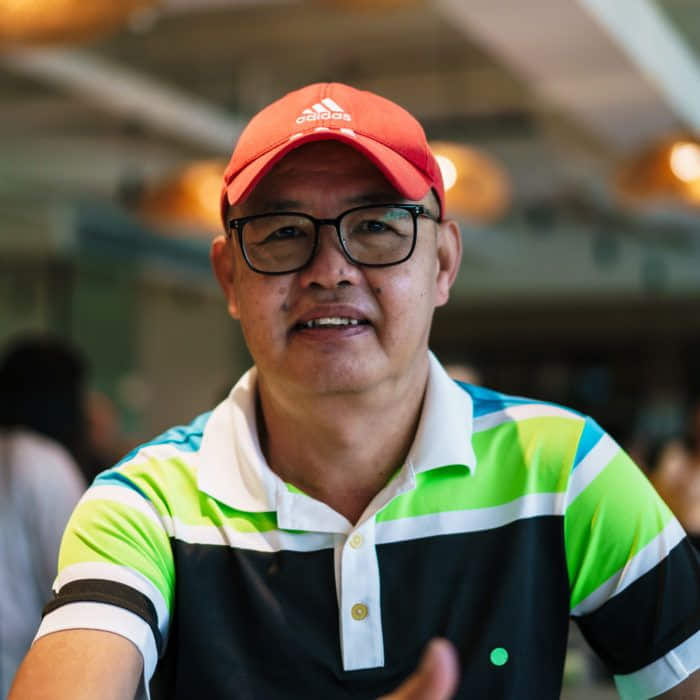
“What if a family member was in the hospital and we needed the medical staff to take care of them? If we didn’t support them, who would? These healthcare workers can’t work from home,” said Cheng.
“When healthcare workers thank me for the ride, I would tell them that I should be the one saying thank you instead because without them, there would not be anyone taking care of all the patients at the hospitals,” he added.
GrabResponse driver-partner Roy Lee said that the safety training by the SCDF helped alleviate some of his reservations about ferrying Covid-19 suspected patients to test centres.
One or two passengers cried during their ride to the testing centre because they could not return home to their families.
Roy Lee, GrabResponse driver
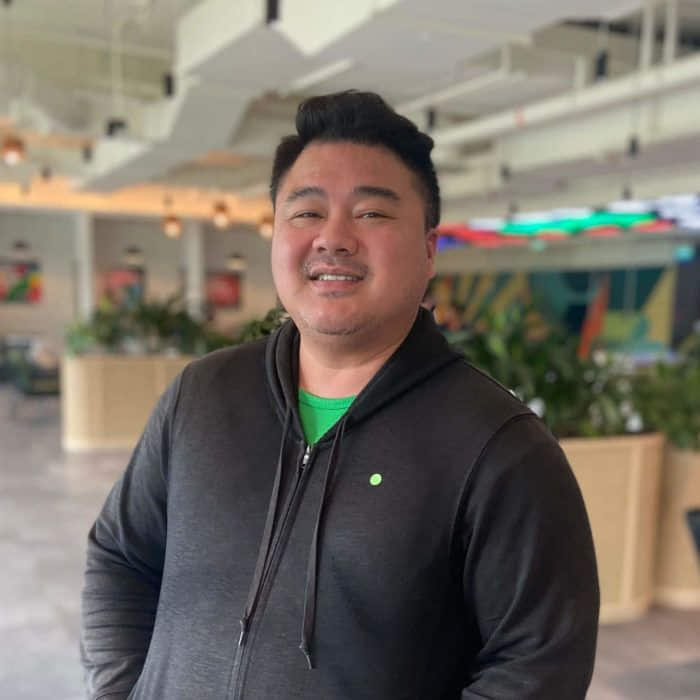
He added that the most memorable part about the experience was the opportunity to interact with passengers.
“I came across one or two passengers who cried during their ride to the testing centre because they could not return home to their families. I tried my best to console them and made them feel better however I can,” said Lee.
“I would see a lot of Covid news on TV but it doesn’t hit as hard until you have a conversation with someone who is really going through it,” he added.
We are grateful to have been able to play a part in supporting our frontline workers during the crisis. We are most thankful to all our partners who stepped forward during the height of the pandemic, and showed us all what it means to be a community.
3 Media Close,
Singapore 138498
Komsan Chiyadis
GrabFood delivery-partner, Thailand
COVID-19 has dealt an unprecedented blow to the tourism industry, affecting the livelihoods of millions of workers. One of them was Komsan, an assistant chef in a luxury hotel based in the Srinakarin area.
As the number of tourists at the hotel plunged, he decided to sign up as a GrabFood delivery-partner to earn an alternative income. Soon after, the hotel ceased operations.
Komsan has viewed this change through an optimistic lens, calling it the perfect opportunity for him to embark on a fresh journey after his previous job. Aside from GrabFood deliveries, he now also picks up GrabExpress jobs. It can get tiring, having to shuttle between different locations, but Komsan finds it exciting. And mostly, he’s glad to get his income back on track.
